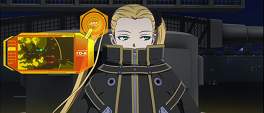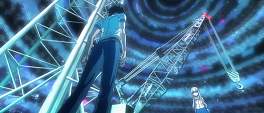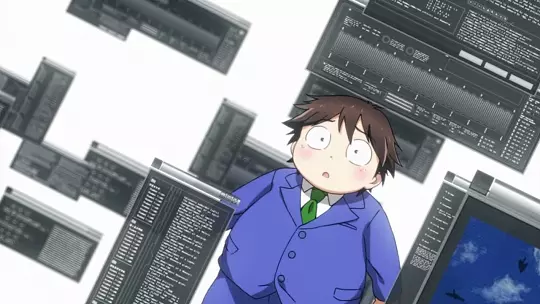We all live in a blue submarine
A review of the Arpeggio of Blue Steel anime
Oh lord he we go, girls as the personification of wartime machinery. Memories of Strike Witches’ different fighter planes come rushing back as the quiet, long-haired Iona - the “mental model” of a submarine - is first introduced. Despite its name, Arpeggio of Blue Steel isn’t a follow up to Kathryn Bigelow’s film about a rookie New York cop or John Waynes 1934 western but a fully CG animated series about an alien fighting-force, the Fog, subjugating humanity in the guise of naval vessels.
That “fully CG” aspect of the series is front and centre as unlike recent attempts at blending traditional and computer-aided 3D animation such as the Berserk movies or some recent mecha musume productions (Busou Shinki, Infinite Stratos et. al.), there is not a scrap of hand-drawn animation in the thirteen episode run. This isn’t the CG of Vexille or Appleseed though but a genuine and concerted attempt to emulate hand-drawn animation with 3D models. And for the most part, it kind of works. The first few episodes venture into the uncanny valley - odd when the subject of emulation is far from human - however whether due to prolonged exposure or a proliferation of characters beyond the loli submarine with a thousand-yard stare, the later episodes lack the creeping unease of the earlier ones.




